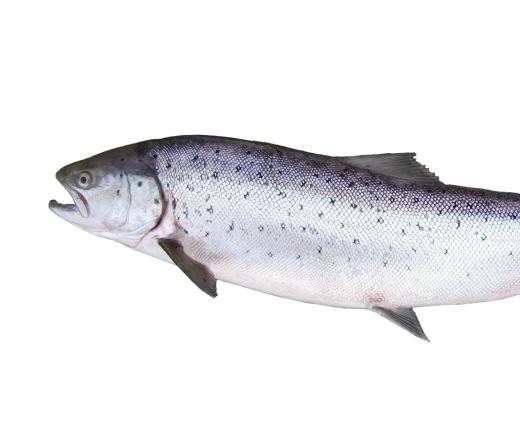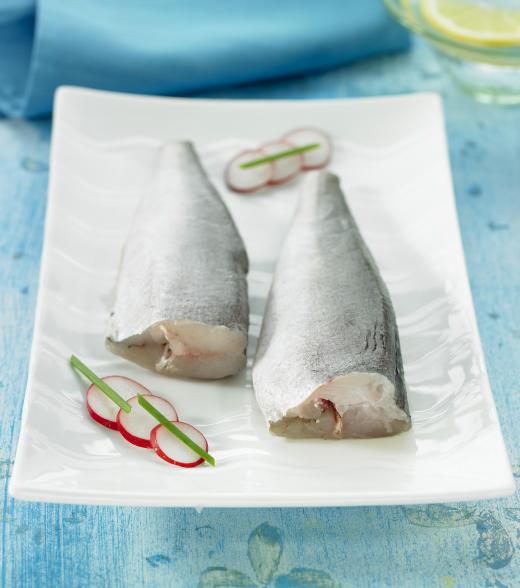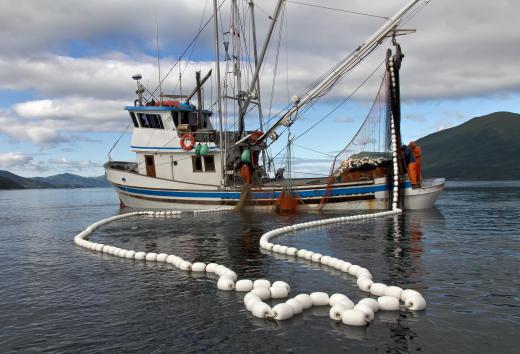The fishing industry involves catching, preparing and selling fish for consumer use. This industry starts with the fishermen out at sea on commercial fishing boats, but would also include the landlocked countries that grow their own fish cultures for a means of harvesting. The catches are then sent for further processing and packaging, which would include separating the processed fillets and other pieces so they could be sent to a number of different industries. Finally, the finished product is transported to seafood markets and manufacturers around the world, where the products of the fishing industry meet the actual consumers.
The industry has experienced a number of advances in science that increase the overall fishing yield. Today’s fishing trawlers are a far cry from the humble boats that our ancestors were accustomed to using, and deep-sea fishing no longer relies on luck to rake in the biggest catch. Many ships are equipped with fish attraction devices that draw fish into the vicinity of the fishing vessel, and once the fish are within range, a purse seine net is usually employed to draw the catch in. Although deep-sea fishing is by and large the largest source of the world’s seafood, many countries have also begun experimenting with fish harvesting, a production technique that makes aquaculture far more eco-friendly.

Once a catch has been secured, it is usually processed for distribution as quickly as possible. Fish processing can be categorized into fish handling, in which the raw fish is just cleaned and cut, and fish product manufacturing, the preparation of intensively processed goods liked canned tuna, pet food, and other byproducts. Some fishing industry giants have factory ships that process seafood at sea and bring the processed product back to land for packaging, while others bring the catch back to the land to process and package in traditional brick-and-mortar factories.

Ultimately, the goal of both approaches to fish processing is to prepare the catch for the market, be it a wholesale seafood market, retail outlet, or a business that uses leftover fish products as fillers. After seafood has been processed and packaged, each company must then transport the product to its final destination. Transportation of fish or processed fish products is one of the fish industry’s most complicated challenges since seafood products must be kept at below-average temperature to ensure that they are fresh.

To complicate matters, different types of seafood have different refrigeration requirements, making mixed consignments a logistical nightmare. High-end restaurants, the fish industry’s most prized consumers since it offers the greatest payout, often have additional transportation requirements. Sushi restaurants, for example, sometimes insist that their fish is delivered live, which is truly a delicate transportation task within the fishing industry.
